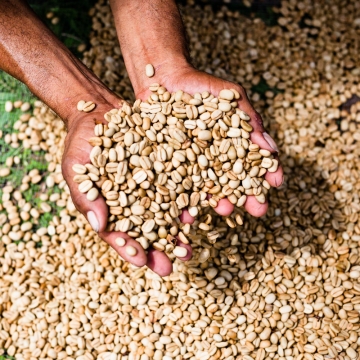How much is too much? Individual biodiversity conservation.
The individual farmer in a developing country has little incentive to care about the public good properties of on-farm biodiversity in the form of different crop varieties. There is a common assumption that, because of this, farmers will tend to maintain too little biodiversity on their farms.



